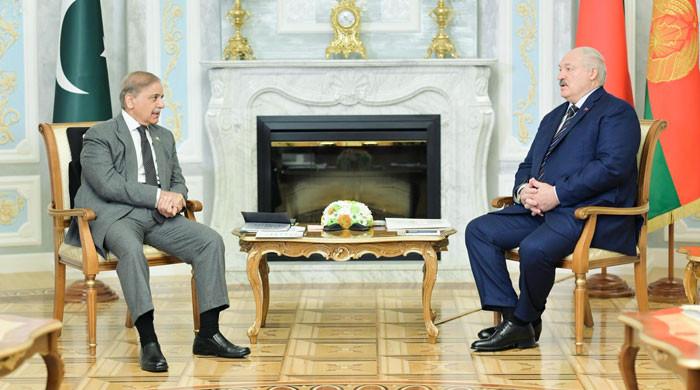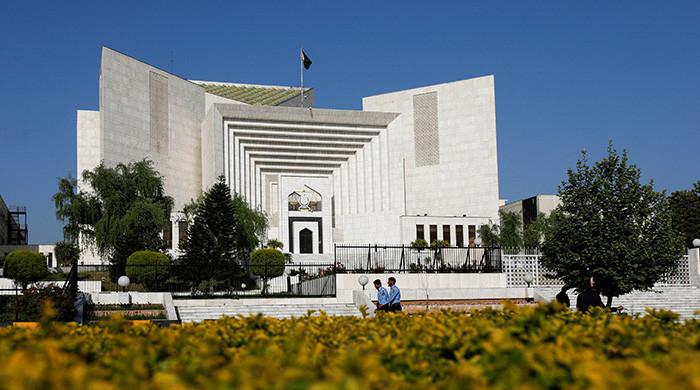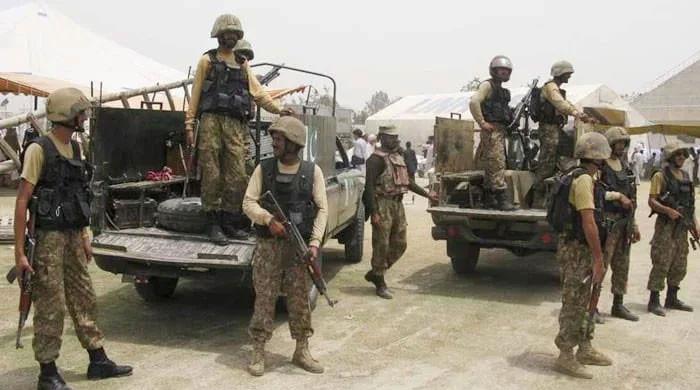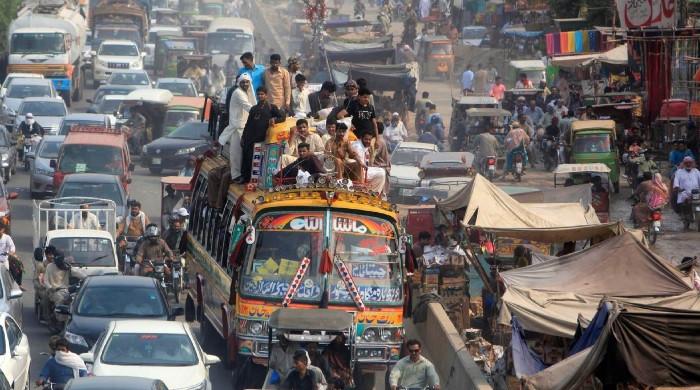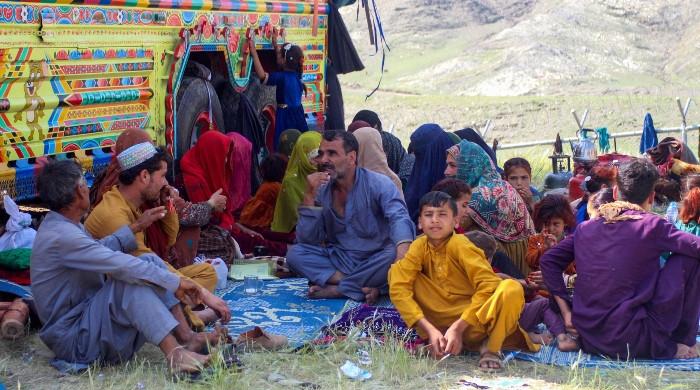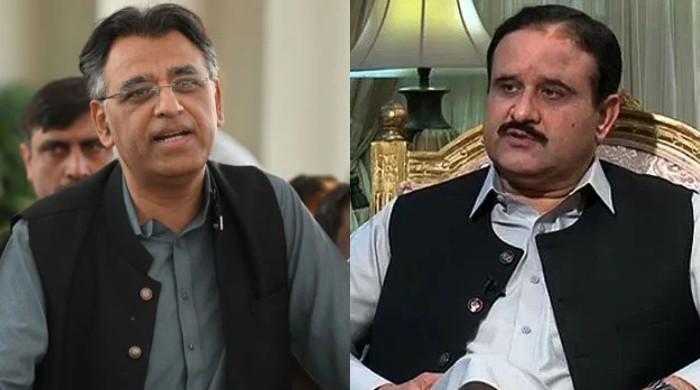Shahzeb murder case: CJP questions if case pertains to terrorism
SC will resume hearing of the case on Thursday
January 31, 2018
ISLAMABAD: The Supreme Court on Wednesday held a hearing on the Shahzeb Khan murder case, which is being re-examined after a civil society petition challenged a Sindh High Court decision ordering a retrial of the case.
The SHC had set aside the punishments awarded to accused earlier by an anti-terrorism court and had ordered a retrial of the case in a sessions court. The defence had argued that the accused was a juvenile at the time of the crime.
During today's hearing, the lawyer representing the civil society presented his arguments. Chief Justice Saqib Nasir said it remains to be seen if the case pertains to terrorism.
The chief justice further asked during the hearing if a compromise had been reached between the two parties when the SHC gave its verdict on the case, to which the defence counsel replied in the affirmative.
Justice Nisar also questioned if the SC could term a verdict by any other court as unconstitutional, with the bench questioning the same.
Representing the accused, Latif Khosa maintained during the hearing that the case is not maintainable and added that an accused is already in prison.
Shahrukh Jatoi and others accused in the case were present during today's hearing. The hearing was conducted by a three-member bench of the apex court headed by the chief justice.
The hearing of the case will resume on Thursday.
Earlier, the apex court had issued orders to put names of the accused on the Exit Control List.
Members of civil society had approached the Supreme Court against the SHC ruling which set aside the death penalty for Shahrukh Jatoi and others convicted for the 2012 murder of Shahzeb and ordered their retrial by a sessions court.
Ten civil society activists – including Jibran Nasir, Jamshed Raza Mahmood, Afiya Shehrbano Zia, Naeem Sadiq, Nazim Fida Hussain Haji, Zulfiqar Shah, Aquila Ismail, Fahim Zaman Khan, and Naziha Syed Ali – had filed a criminal petition in the Supreme Court's Karachi Registry challenging the SHC’s November 28, 2017 ruling which stated that the murder case does not fall within the jurisdiction of the Anti-Terrorism Act, 1997.
In their petition, the civil society members stated that they have the legal standing to file the petition for leave to appeal as they are citizens of Karachi and reside in the same locality – Defence Housing Authority – where the murder took place.
They stated in the petition that the incident was not just of an individual nature, but carried serious repercussions for the society at large.
On December 23, 2017, Jatoi, the son of an influential feudal, and other defendants in the Shahzeb Khan murder case, were released from custody on bail after Shahzeb’s father submitted an affidavit in support of the defendant's bail application.
Shahzeb was gunned down by Jatoi in a posh locality of Karachi on December 25, 2012.
An ATC in 2013 had awarded death sentences to Jatoi and Siraj Talpur for the murder of Shahzeb, while life sentences were awarded to Sajjad Ali Talpur and Ghulam Murtaza Lashari.




